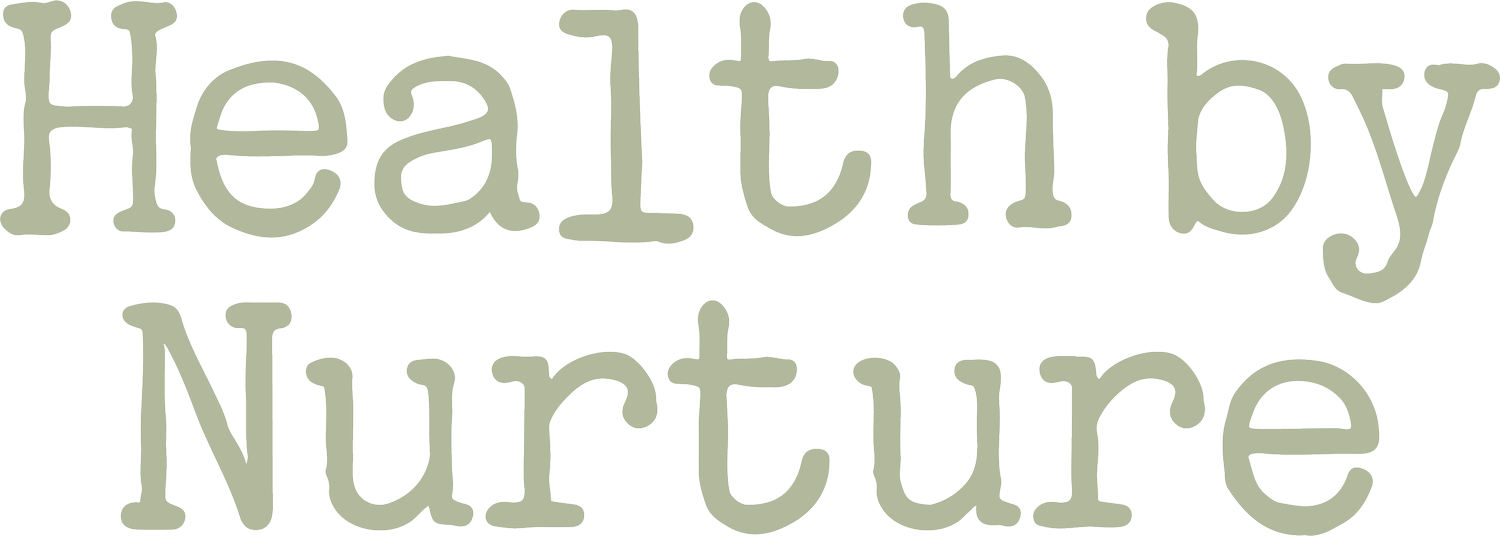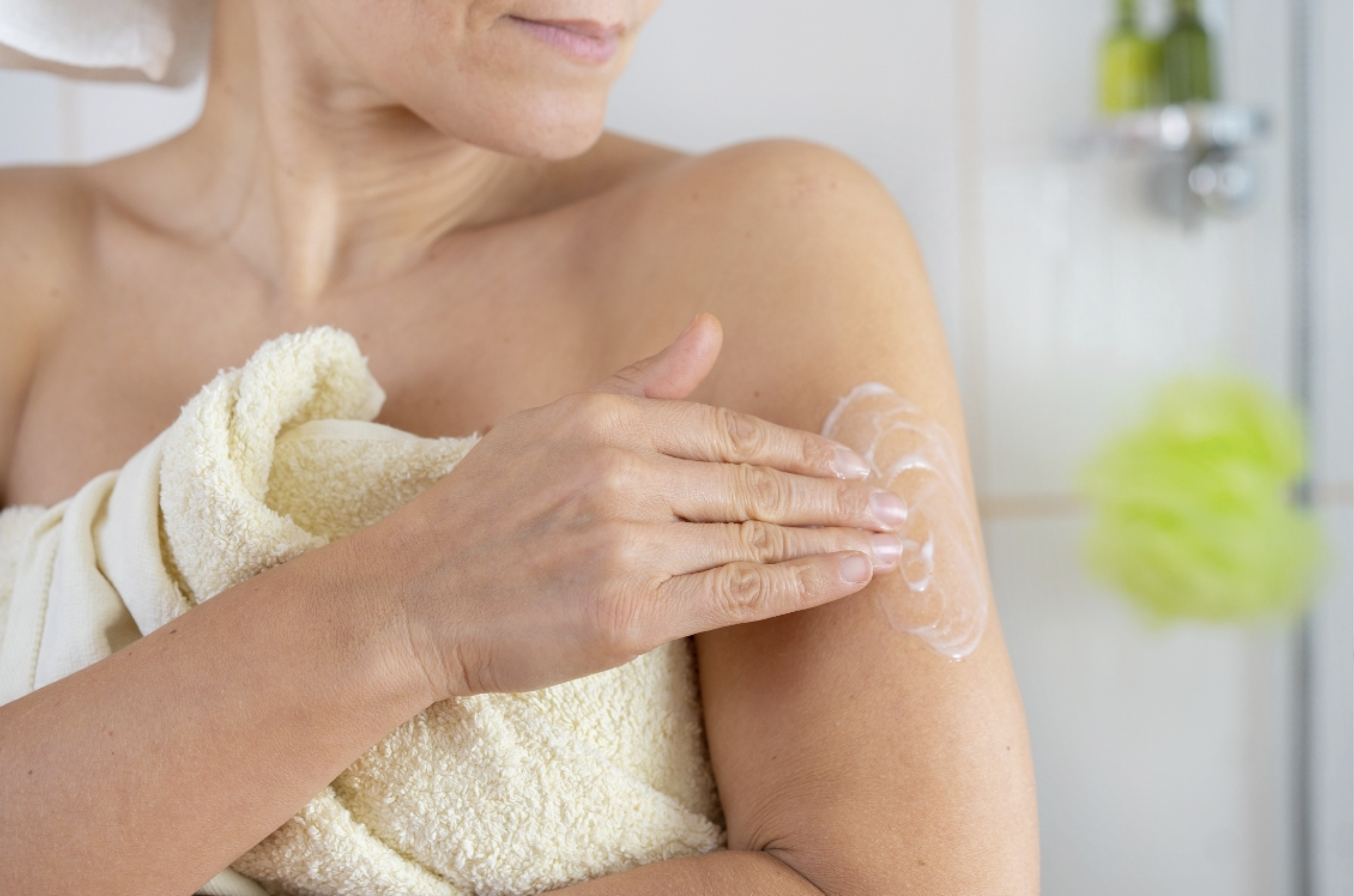Let’s Talk About HRT: From Dr. Amanda Sabel
Topical HRT
Hi, I’m Dr. Amanda Sabel, and if you’re here, chances are you’re navigating the challenges of menopause or perimenopause. First of all, you’re not alone—this is a journey millions of women go through, and there is help. One of the most effective treatments we have is Hormone Replacement Therapy (HRT).
HRT can be life-changing, but there’s a lot of misinformation out there. So, let’s dive into what HRT really is, what it can do, and why it’s not just about managing hot flashes.
Why HRT?
Menopause isn’t just about hot flashes and night sweats (although those are tough enough!). Many women experience a whole range of symptoms they weren’t expecting:
Brain fog: Losing your train of thought or struggling with word recall.
Word blindness: Suddenly forgetting the simplest words.
Sudden aging: Feeling like you’ve aged overnight, especially in your skin and joints.
Dry, itchy skin: No moisturizer seems to work.
New onset of rosacea: Red, inflamed skin out of nowhere.
Tinnitus: That annoying ringing in your ears.
Fatigue, mood swings, and low libido: The emotional toll of menopause can feel overwhelming.
HRT works by replacing the hormones your body naturally loses during this time—primarily estrogen, progesterone, and sometimes testosterone. These hormones do so much more than manage symptoms; they play a crucial role in protecting your bones, heart, and brain health as you age.
Why Progesterone Alone Isn’t Enough
Some women think progesterone on its own might be enough, but unfortunately, it’s not. While progesterone is essential for balancing estrogen and protecting the lining of the uterus, it doesn’t address the key symptoms like hot flashes, brain fog, or fatigue.
And those over-the-counter progesterone creams? They’re not the answer either. Most don’t deliver a consistent or therapeutic dose, so they’re unlikely to make any meaningful difference.
Let’s Talk About Troches
You might have heard about troches—small lozenges you dissolve under your tongue. They sound convenient, but they’re not recommended for a few important reasons:
1️⃣ Inconsistent dosing: Troches can cause fluctuating hormone levels, which means symptoms can persist or worsen.
2️⃣ Lack of regulation: Unlike approved HRT options, compounded troches aren’t rigorously tested, so their safety and effectiveness aren’t guaranteed.
The Australian Menopause Society has a great resource explaining why troches aren’t the best choice—you can find it here.
What About Testosterone?
Testosterone isn’t just for men—it can be an important part of HRT for women, too. While it’s not for everyone, small doses of testosterone can help with:
Low libido
Energy levels
Muscle strength
Cognitive function
But like any hormone, testosterone needs to be carefully prescribed and monitored to ensure the right balance. For more information, check out Balance Menopause, a trusted resource on HRT.
Finding Your Balance
HRT isn’t a one-size-fits-all solution. Your symptoms, medical history, and personal preferences all play a role in finding the right plan for you. At Health by Nurture, we work with you to create a tailored approach to HRT that focuses on your overall health and wellbeing.
Let’s Start the Conversation
If you’re feeling overwhelmed, you’re not alone. Menopause is tough, but there are real, evidence-based options to help you feel like yourself again. If you’d like to chat about HRT or any other concerns, book a consultation with me. Together, we can work out a plan that supports your body and your goals.
For more information, you can also visit these excellent resources:
Let’s get you feeling good again. 💛
#HRT #MenopauseSupport #HormonalHealth #HealthByNurture #MenopauseJourney #FeelYourBest


